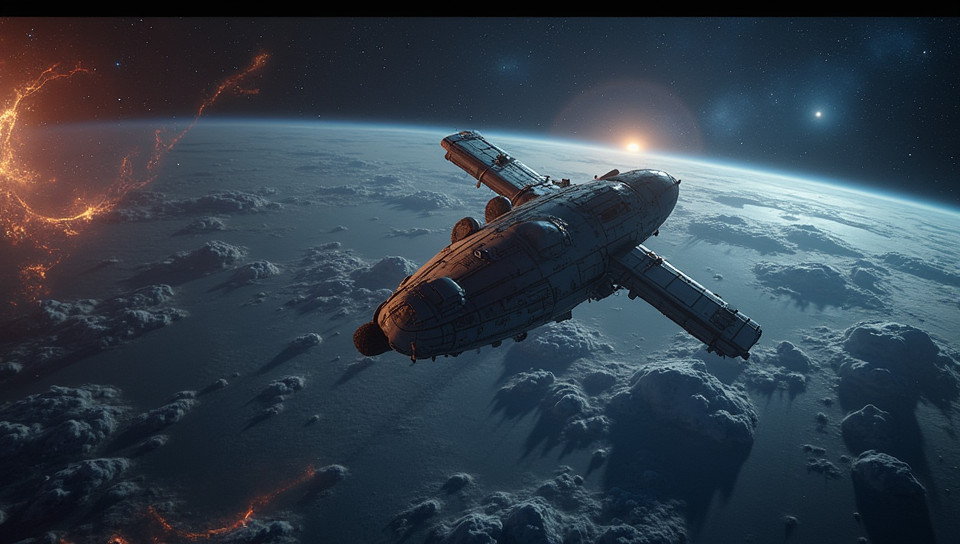Space exploration has led to numerous scientific discoveries 62%

The Uncharted Territories of Space: Unlocking Secrets to Our Universe
As we gaze up at the night sky, our minds are filled with wonder and awe at the vast expanse of space that lies before us. For centuries, humanity has been fascinated by the mysteries of the cosmos, from the planets in our solar system to the distant stars and galaxies beyond. And it's through the exploration of space that we've made some of the most groundbreaking scientific discoveries in history.
The Pioneers of Space Exploration
From the early days of rocketry to the modern era of interplanetary travel, space exploration has come a long way. The likes of NASA, SpaceX, and other space agencies have pushed the boundaries of human knowledge and achievement, paving the way for future generations to follow in their footsteps.
- Understanding the solar system's formation and evolution
- Uncovering the secrets of black holes and dark matter
- Exploring the potential for life beyond Earth
The Impact of Space Exploration on Science
Space exploration has led to numerous scientific discoveries that have transformed our understanding of the universe. From the discovery of exoplanets to the study of cosmic radiation, space research has shed light on some of the most fundamental questions in science.
- Astronomy: Understanding the properties and behaviors of celestial objects
- Astrophysics: Studying the behavior and properties of celestial objects and phenomena
- Geology: Investigating the composition and evolution of planets and moons
The Future of Space Exploration
As we continue to push the boundaries of space exploration, we're on the cusp of a new era in scientific discovery. With private companies like SpaceX leading the charge, the possibilities for future research and exploration are endless.
- Reusable rockets: Revolutionizing access to space
- In-orbit manufacturing: Enabling the production of materials and goods in space
- Long-duration missions: Paving the way for human settlements on other planets
Conclusion
Space exploration has been a driving force behind some of the most significant scientific breakthroughs in history. As we continue to venture further into the unknown, we can expect even more groundbreaking discoveries that will shape our understanding of the universe and our place within it. With each new milestone achieved, we're reminded of the boundless potential that space exploration holds for humanity's future.
- Created by: Bautista García
- Created at: Aug. 15, 2024, 10:58 p.m.
- ID: 7313

